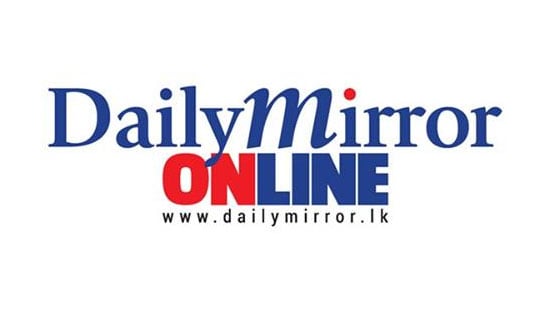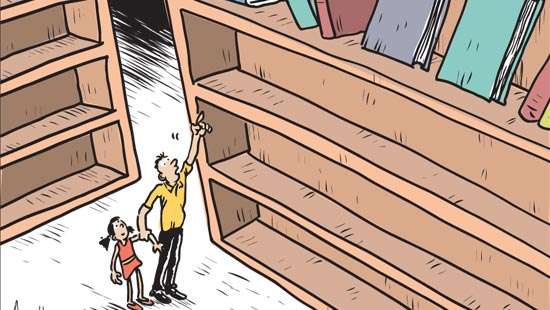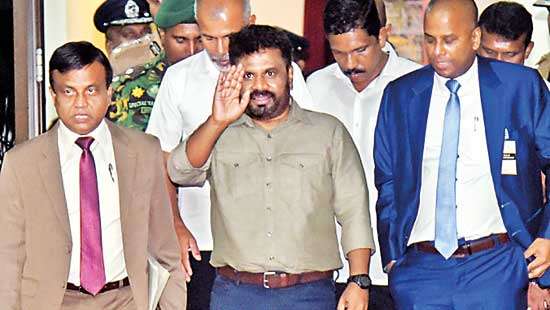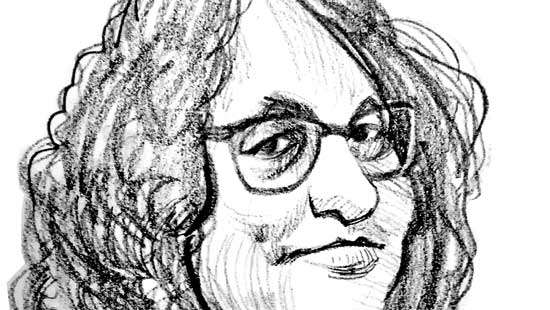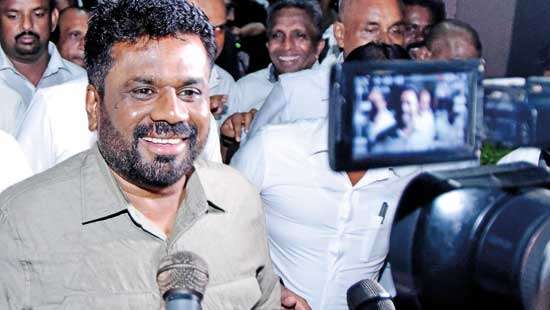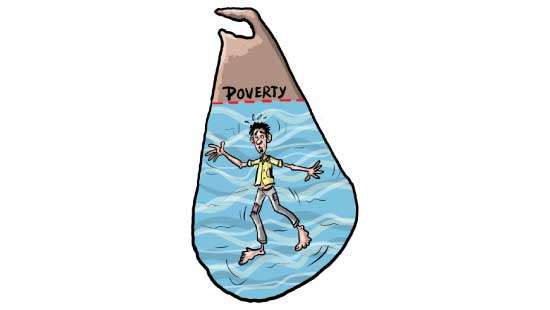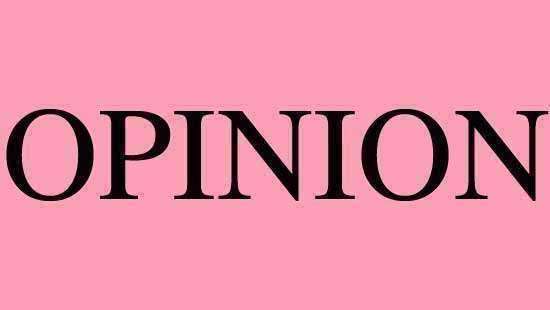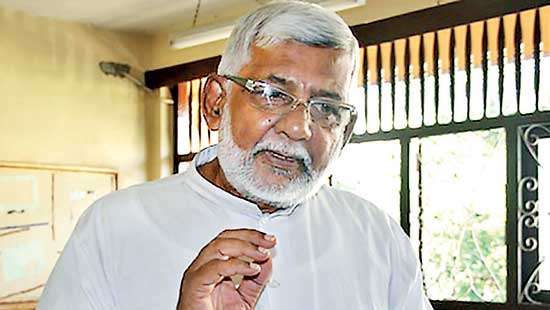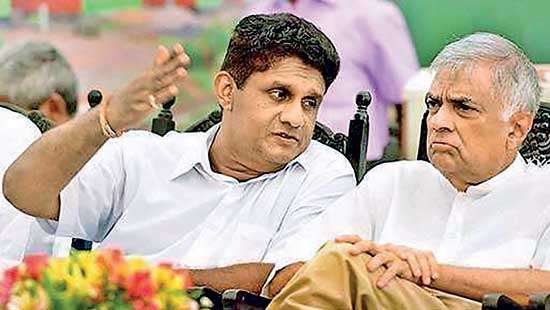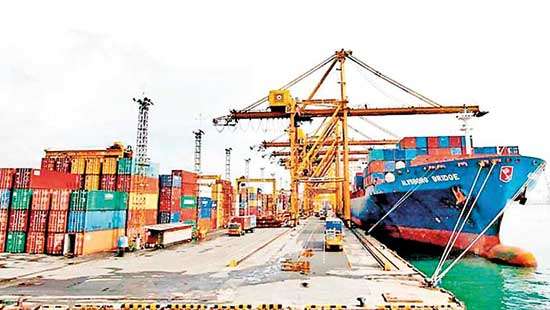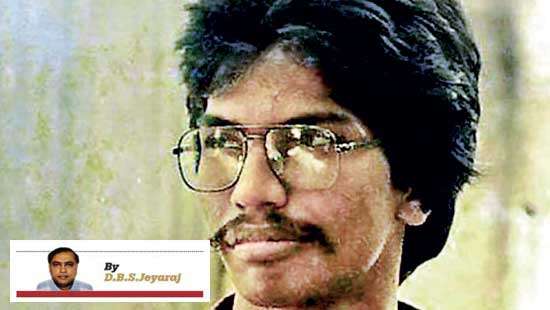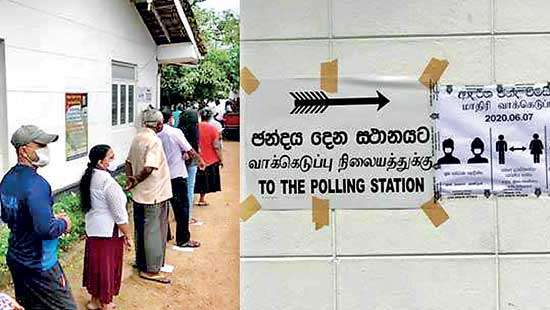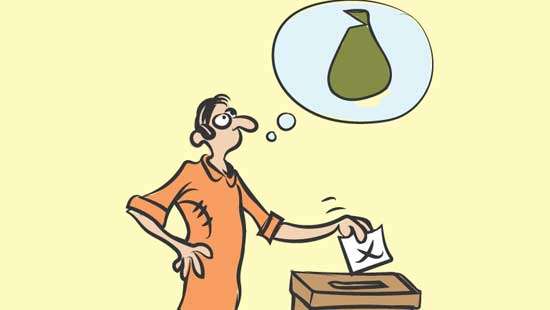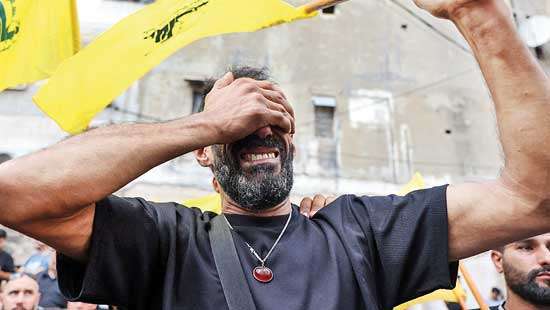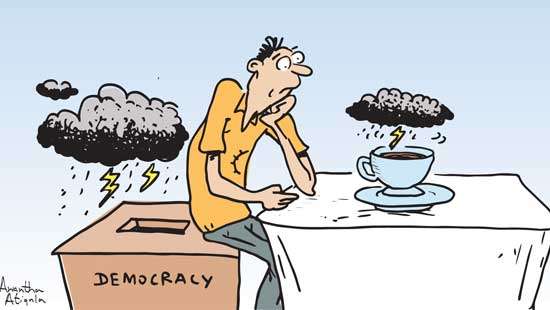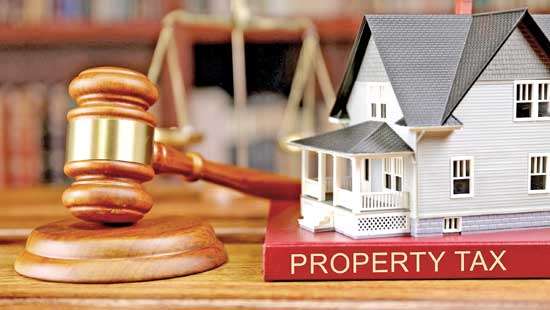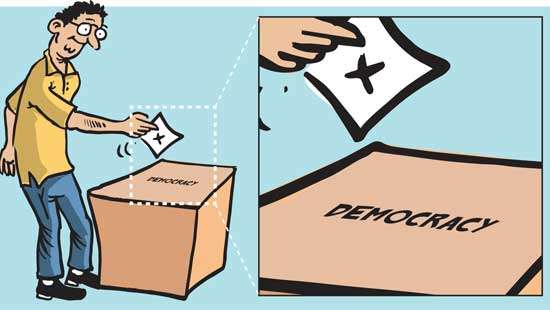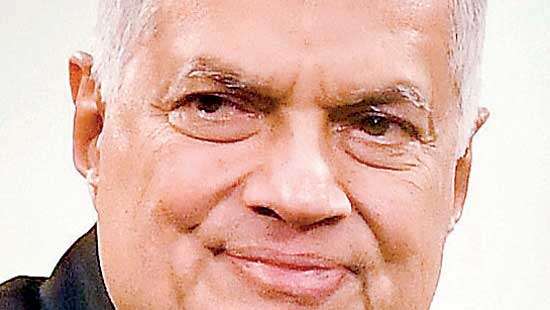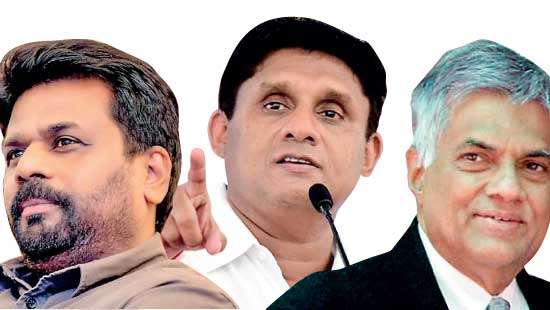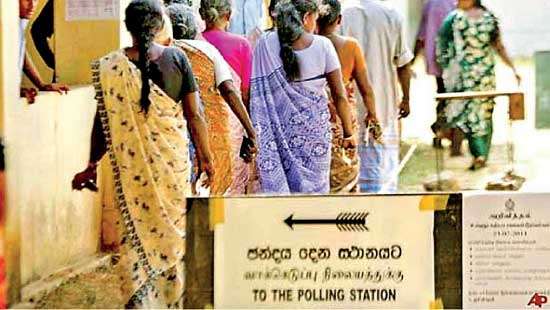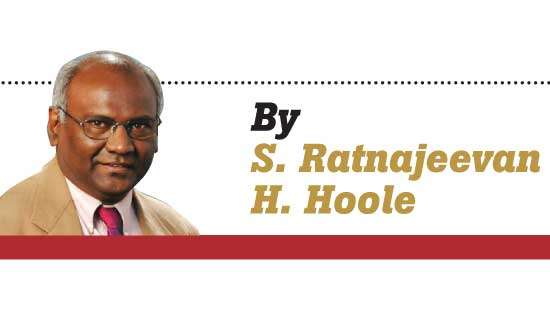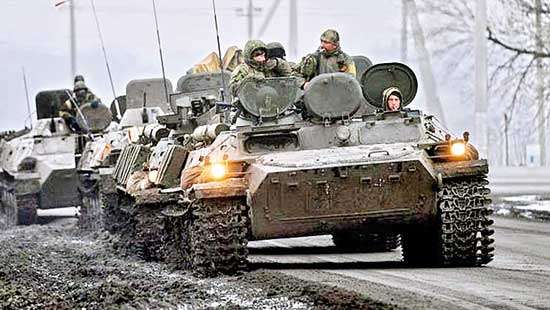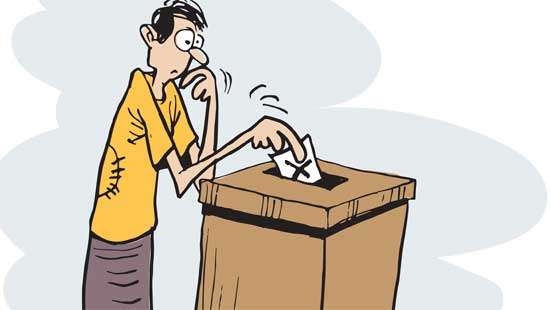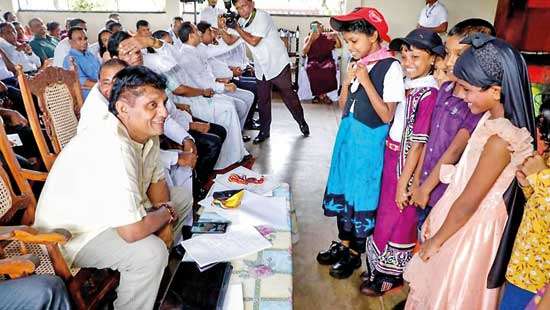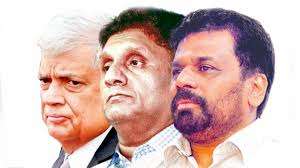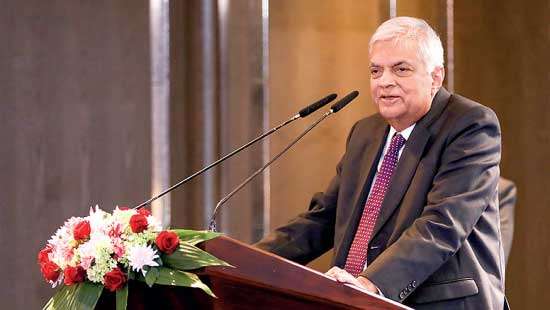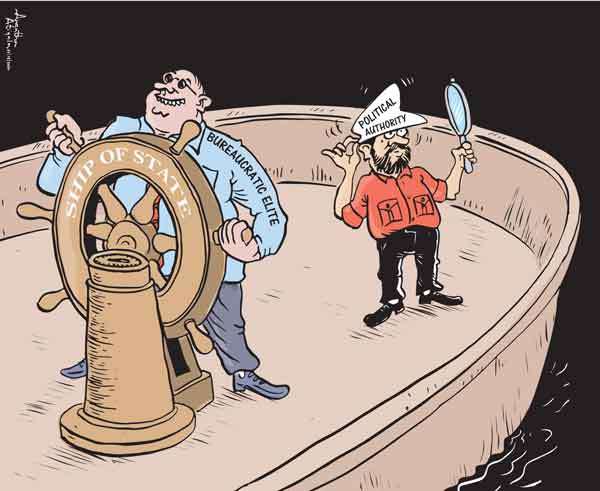Opinion
Post Presidential polls -Winds of change or new broom
28 Sep 2024
 3
3
On 21 September, Lankans elected into office a new President who campaigned on an anti-corruption platform and renegotiating with the IMF. Presently 25 percent of our people are living below the poverty line, where according to UNICEF 1 in 2 children in Lanka are going hungry.
New government, new hopes and new challenges
26 Sep 2024
 2
2
As predicted by political analysts, the September 21 presidential poll concluded up with many firsts. First and foremost, it ushered Anura Kumara Dissanayake alias AKD in to presidency; a politician from outside the traditional, political mainstream.
Is Dr. Amarasuriya the Kamala Harris of Sri Lanka?
26 Sep 2024
 20
20
Sri Lanka now has her third female Prime Minister after a hiatus of 24 years. Twenty years is a long period of time from a political perspective. That was sufficient time to usher in change, to witness more women in the political sphere in decision-making positions and for them to take a lead to make a difference. But women’s representation in politics has been a long struggle. A struggle met with many patriarchal and professional challenges. But
Would we see AKD reflecting the face of China?
26 Sep 2024
 11
11
Anura Kumara Dissanayake (AKD) had a spring in his walk even before he won the Presidential Elections. He dressed extremely well when stepping in front of the public and exhibited an air of confidence which said ‘2024 is my year to be the President of Sri Lanka’.
Poverty, minority issues: Problems facing new president
25 Sep 2024
 13
13
For the first time in our history, on 21 September a Marxist, the son of a poor farmer, a man who understands the travails and humiliation the poor have to undergo daily has been elected as the Executive President of the country. President Dissanayake is the son of a poor farming family. He is now the 9th Executive President of Lanka.
Do away with incumbency privileges during elections - EDITORIAL
24 Sep 2024
 3
3
President Anura Kumara Dissanayake during his speech after he was declared elected as the President at the Election Commission’s auditorium said the very conducting of the Presidential election this time was a victory for the people.
Housing hassle worsens in Gampaha District
23 Sep 2024
 1
1
The People’s Alliance for Right to Land (PARL)-Gampaha, a voluntary coalition of civil society organisations and individuals committed to ensure housing and property rights of marginalised communities in Sri Lanka, presented a memorandum on the housing issue faced by low-income families in the Gampaha District to policy makers at a forum held in Seeduwa recently.
Ego and Arrogance: Downfall of UNP Factional Leaders
23 Sep 2024
 11
11
The people have made their choice; in a democracy, we must respect that decision with dignity, although for the first time in four decades, a winner has been declared in a Sri Lankan Presidential Election with less than half the population voting in favour.
Who’s more desperate – candidates, or voters?
23 Sep 2024
 0
0
By the time this column is published, the whole country would know who the next president of Sri Lanka is, unless a standoff emerges with all three candidates running neck to neck and preferential votes coming in as the deciding factor.
Weaponising Non-Violence: Tiger Leader Thileepan’s Fast Unto Death
21 Sep 2024
 0
0
September 26th is of particular significance to a substantial number of Sri Lankan Tamils. For it was on this day in 1987 that a senior member of the Liberation Tigers of Tamil Eelam (LTTE) Thileepan died in Nallur after undertaking a fast unto death.
Pager blasts in Lebanon: How safe are our mobile devices?
20 Sep 2024
 0
0
How sure are we that our phones won’t explode in our faces? This week’s developments in Lebanon make us raise this question. The next time we buy a mobile communication device, we must ensure it comes from a seller who provides a manufacturer warranty, confirming it has not been tampered with and is free of explosives.
Good citizens must vote on Saturday
19 Sep 2024
 2
2
The famous American newspaper publisher and politician, William Randolph Hearst, has said, “News is what someone wants suppressed. Everything else is advertising.” After weeks of advertising by different political parties and independent candidates, the campaigning period officially came to an end yesterday (18). Now begins the silent period.
Electioneering, and false promises end today
18 Sep 2024
 1
1
It’s here at last. Today at midnight, election campaigning must necessarily come to an end. Hopefully cutouts of the varied candidates and the posters with their none too beautiful faces will not spoil our days and nights. Our brains will not be seared by the plethora of false election promises the candidates keep parroting.
Sri Lanka should not be another Haiti, Venezuela or Zimbabwe after Sept 21
18 Sep 2024
 1
1
For the first time in history,Sri Lankan voters have been given the ‘self-destruction’ option of their country. If they use it, their choice could well send their country down the perilous path taken by a host of others, from Haiti and Zimbabwe to Venezuela- sadly, people in those countries did not have a free choice, unlike Sri Lankans who will cast their vote on Saturday.
New political dynamics in the offing whoever wins Presidential poll
18 Sep 2024
 0
0
Sri Lankans will cast their ballots on Saturday. The country is at a crossroads politically and economically. People will avail of themselves the opportunity on Saturday to elect the next Executive President of Sri Lanka for a period of five years. Executive presidency, an idea mooted way back in 1966, came into effect on September 7, 1978. Incidentally, in the very same month of this year, people will elect the next President out of a basket of
Solidarity Movement for Justice and Truth reminds people to vote wisely
18 Sep 2024
 0
0
‘The Solidarity Movement for Justice and Truth’ is a civil movement that was set up three years ago with a vision to apprehend perpetrators involved in carrying out the Easter Sunday attacks and seeking justice for victims. Issuing a statement, the Movement announced a set of demands for people aspiring to cast their vote at the upcoming Presidential Election.
The Holy Father on Whom to Vote for: The Less Evil Candidate
18 Sep 2024
 1
1
On September 14, 2024, both on the BBC and Al Jazeera, the Holy Father, Pope Francis, urged the faithful to vote for the less evil of the two major US presidential candidates who are ‘against life’. Kamala Harris is openly for abortion while Trump is waffling – against one day and for the next. The pontiff said not welcoming migrants – seemingly referring to Trump – is a “grave” sin, and compared Kamala Harris’ stance on abortion to an “assassina
Ukraine’s Kursk gamble and the F16 crash mystery
17 Sep 2024
 1
1
Everyone wants to see an end to the war in Ukraine – everyone except the combattants. There is no end in sight to the war two years after the Russian invasion. The war isn’t limited to Ukraine – since President Volodymyr Zelenskyy gambled on a surprise counterattack in Kursk, it has spilled over to Russian territory.
What is in store for people after polls?
17 Sep 2024
 2
2
Several of the promises thrown by the majority of the 38 candidates who will contest the Saturday’s Presidential election are irrelevant, as some of them are not meant to be kept while the others are not practical on the ground. Some of the plans and promises of some candidates seem to be good while the question remains as to how they are going to be materialised in a country with a bankrupt economy.
Sri Lanka Presidential election 2024: Who will have the last laugh?
17 Sep 2024
 4
4
As Sri Lanka gears up for its 2024 Presidential Election, the race is intensifying with three leading candidates vying for the top position: incumbent President Ranil Wickremesinghe, running as an independent; Sajith Premadasa of the Samagi Jana Balawegaya (SJB); and Anura Kumara Dissanayake of the National People’s Power (NPP).

Sri Lanka’s tourist arrivals surpass 2 million in 2024
16 Sep 2024
 8
8

Auction yields slump for third consecutive week
16 Sep 2024
 8
8

Moody’s raises Sri Lanka’s rating
16 Sep 2024
 8
8

ASPI crosses the 15,000 mark for the first time
16 Sep 2024
 8
8

‘Cardinal’ only used to polish the floor: Pastor Jerome
16 Sep 2024
 8
8

Govt. has not yet decided when to assign official vehicles to MPs
16 Sep 2024
 8
8

Sharp increase in financial frauds during festive season: SLCERT
16 Sep 2024
 8
8


